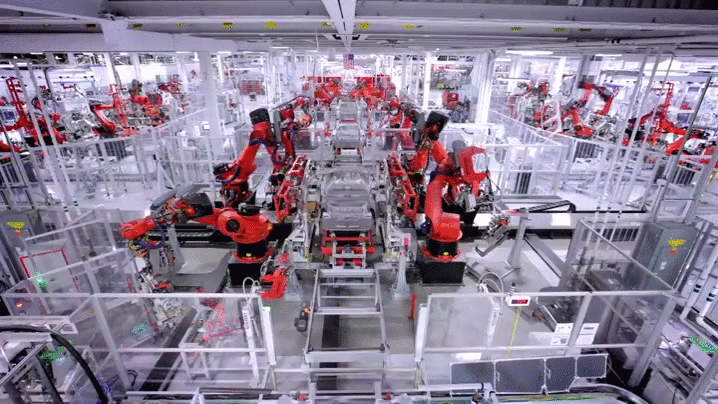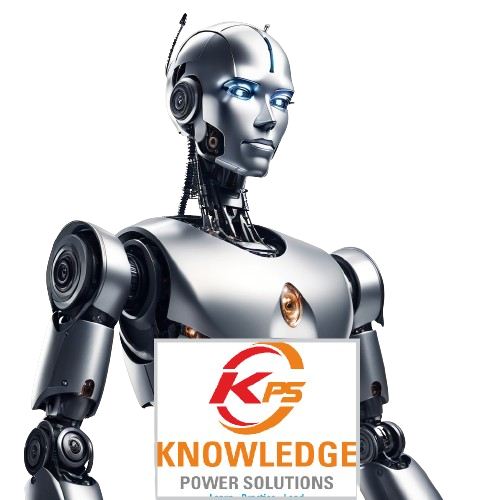Definition and Scope of Artificial Intelligence (AI)
Artificial Intelligence (AI) has emerged as a transformative technology with vast implications across industries, reshaping how we work, interact, and innovate. Here’s a concise overview of its definition and scope:
Definition of Artificial Intelligence
Artificial Intelligence refers to the simulation of human intelligence in machines designed to think, learn, and perform tasks typically requiring human cognition. It encompasses systems that can:
- Perceive: Analyze and interpret data, such as images, sounds, or text.
- Reason: Make decisions or solve problems based on data and rules.
- Learn: Adapt and improve performance through experience.
- Act: Take actions to achieve specific goals autonomously or semi-autonomously.
AI is achieved through technologies like machine learning, deep learning, natural language processing (NLP), robotics, and computer vision.
Scope of Artificial Intelligence
The scope of AI is broad and extends across various fields and industries, offering endless possibilities for innovation and efficiency.
1. Business and Finance
- Fraud detection in financial transactions.
- Predictive analytics for market trends.
- Personalized marketing and customer engagement.


2. Healthcare
- AI-driven diagnostics and imaging.
- Personalized treatment plans based on patient data.
- Drug discovery and development.


3. Education
- Intelligent tutoring systems for personalized learning.
- Automated grading and administrative tasks.
- Virtual classrooms with AI-powered teaching aids.
4. Manufacturing and Logistics
- Smart factories with robotic automation.
- Predictive maintenance to reduce downtime.
- AI for supply chain optimization and inventory management.

5. Retail and E-Commerce
- Recommendation systems for personalized shopping.
- Chatbots for customer service.
- Inventory and demand forecasting.

6. Transportation
- Autonomous vehicles and drones.
- Traffic management systems using AI.
- Predictive maintenance for public transportation systems.
7. Entertainment
- AI-generated content in gaming and movies.
- Personalized recommendations on streaming platforms.
- Virtual reality (VR) and augmented reality (AR) enhancements.
8. Agriculture
- Precision farming using AI-powered drones and sensors.
- Crop health monitoring and yield prediction.
- Automated irrigation and pest control systems.
9. Security and Defense
- Surveillance systems with facial recognition.
- Cybersecurity threat detection and response.
- AI-enabled military strategies and simulations.
10. Environment and Sustainability
- AI for climate modeling and prediction.
- Monitoring and managing natural resources.
- Enhancing renewable energy systems.
Future Prospects
The scope of AI continues to expand as advancements in computational power, data availability, and algorithmic sophistication evolve. Emerging areas include:
- Quantum AI: Leveraging quantum computing for complex problem-solving.
- Emotional AI: Systems capable of recognizing and responding to human emotions.
- AI Ethics and Governance: Developing frameworks for the ethical use of AI technologies.
Conclusion
Artificial Intelligence is not just a technology but a paradigm shift influencing every aspect of modern life. Its definition emphasizes its ability to mimic human cognition, while its scope highlights its pervasive application across diverse domains. As AI continues to evolve, its potential to transform society and industries remains limitless.
